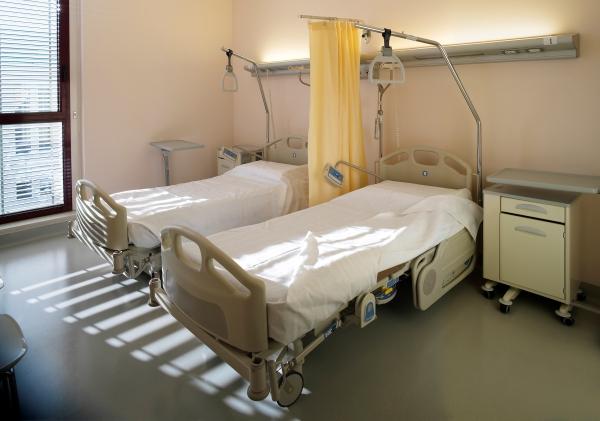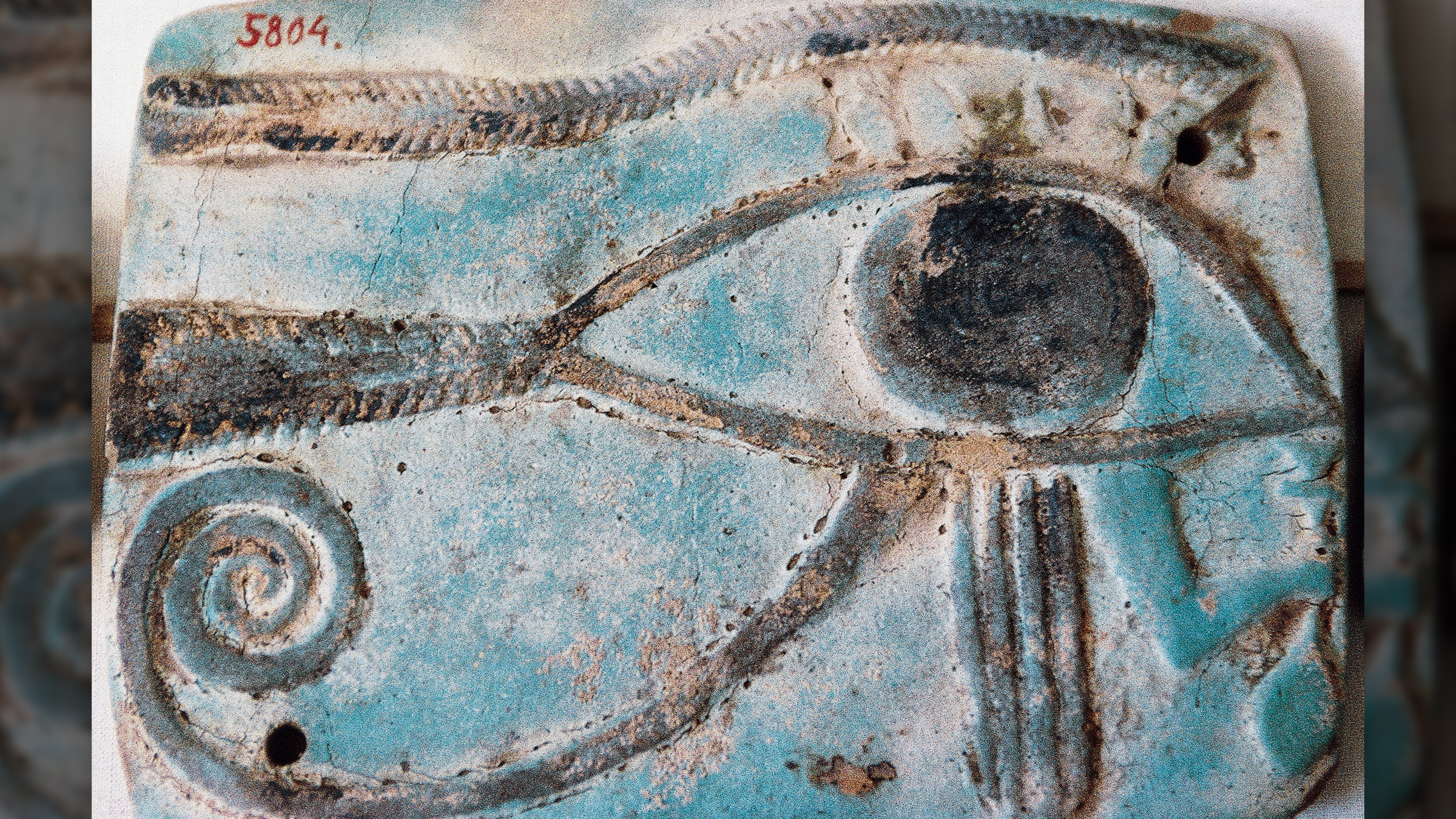Organ Transplant Recipients at Increased Risk of 32 Types of Cancer

People who receive an organ transplant have an increased risk of developing 32 types of cancer, a new study finds.
Some of the most common cancers in transplant recipients include kidney, liver and lung cancer and non-Hodgkin lymphoma, the results show.
Transplant recipients have double the risk of developing any cancer, compared with people who have not had a transplant, the researchers said.
The increased risk of cancer comes, in part, from the medications transplant recipients must take to avoid rejecting the transplanted organ. These medications suppress the immune system, and may elevate the risk for infection-related cancers, said study researcher Dr. Eric Engels, of the Division of Cancer Epidemiology and Genetics at the National Cancer Institute. In some cases, immune-suppressing medications may act as carcinogens and directly contribute to cancer's development, the researchers suggest.
"Clearer understanding of the pattern of cancer risk associated with solid organ transplantation may help future patients have better, healthier outcomes," Engels said.
Meds reduce risk of organ rejection
In 2010, a total of 28,664 organ transplants were performed in the U.S., including 16,899 kidney, 6,291 liver, 2,333 heart and 1,770 lung transplants.
Sign up for the Live Science daily newsletter now
Get the world’s most fascinating discoveries delivered straight to your inbox.
Previous studies have suggested that transplant recipients are at a higher risk for cancer than the general population. However, these studies focused mainly on those who received kidney transplants, and some studies were too small to accurately estimate risk for all but the most common cancer types.
In the new study, Engels and colleagues evaluated medical data from more than 175,700 U.S. transplant recipients, accounting for about 40 percent of all people who received transplanted organs from 1987 through 2008. The data came from the U.S. registry of transplant recipients and 13 state or regional cancer registries.
About 14 percent of transplant recipients developed non-Hodgkin lymphoma, a cancer of the white blood cells. The risk of this cancer was seven times higher in transplant recipients than in the general population, and was highest for lung recipients. Non-Hodgkin lymphoma is known to be related to immune suppression and infection with Epstein-Barr virus, the researchers said.
Lung, liver and kidney cancers
Lung cancer was the second most common cancer, found in 12.6 percent of recipients. This may be because the patients already had smoking-related diseases, the researchers said. In cases involving a single lung transplant, lung cancer typically arises in the recipient's remaining diseased lung rather than the transplanted one.
Liver cancer occurred in 8.7 percent of recipients. The increased risk for liver cancer may be due to recurrent hepatitis B or C infection in the transplanted liver.
And 7.1 percent of recipients had kidney cancer. Recipients of kidney transplants have damaged kidneys, frequently including multiple kidney cysts, which can become cancerous.
"We wish to understand how medical conditions, and individual immunosuppressive medications, may contribute to cancer risk. In addition, we hope our findings will stimulate other research into the carcinogenic mechanisms associated with organ transplantation," Engels said.
The study was published today (Nov. 2) in the Journal of the American Medical Association.
Pass it on: Transplantation increases the risk of 32 different types of cancer.
Follow MyHealthNewsDaily on Twitter @MyHealth_MHND. Find us on Facebook.











